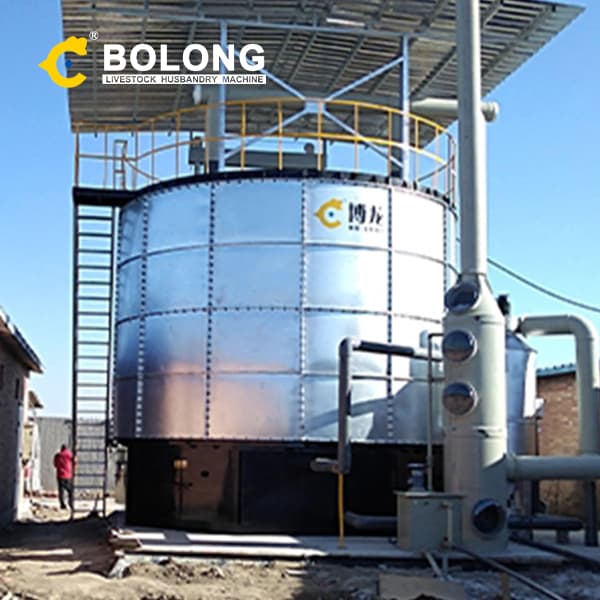
During the composting process, microorganisms degrade organic material such as dry poultry excrement, broiler manure or separated slurry in an aerobic environment. The higher the dry matter (DM) content of the input material, the shorter the material’s residence time in CompoTower.
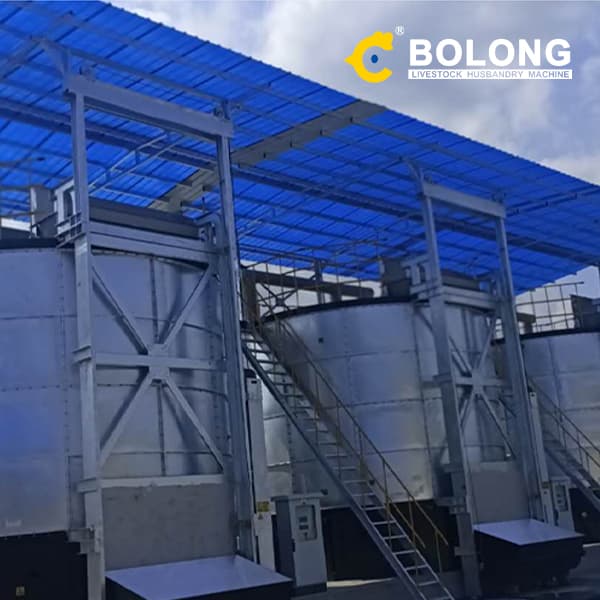
Feb 29, 2024 · Among the various types of compost, chicken manure compost stands out as a superfood, delivering a potent mix of nutrients essential for plant growth. This guide dives deep into the art and science of creating high-quality chicken manure compost, providing you with a step-by-step approach to harnessing this “Best Nitrogen Manure Source” for
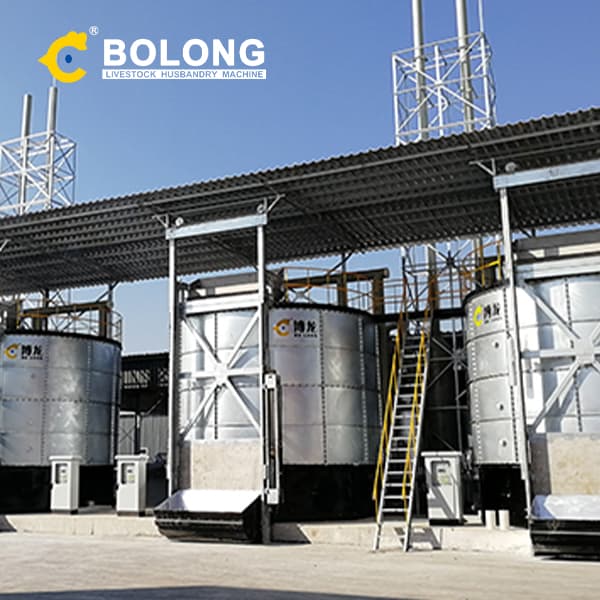
5 days ago · Here’s how you can compost chicken manure: 1. Choose your composting method. 2. Collect manure and other waste. 3. Find the brown to green ratio. 4. Ensure the
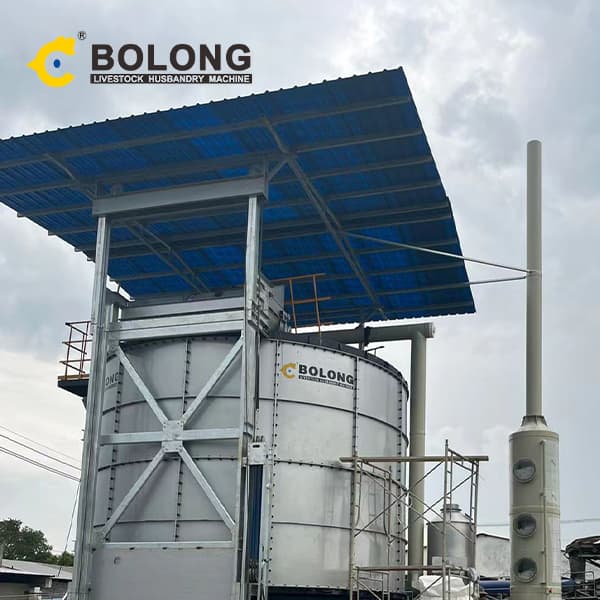
Composting neutralizes this issue. Weed Seed Elimination: The composting process generates heat, killing most weed seeds that might be present. Pathogen Reduction: Proper composting can eliminate pathogens, ensuring a safer product for your garden. Steps to Compost Chicken Manure 1. Gather the Ingredients: Chicken Manure: This is, of course
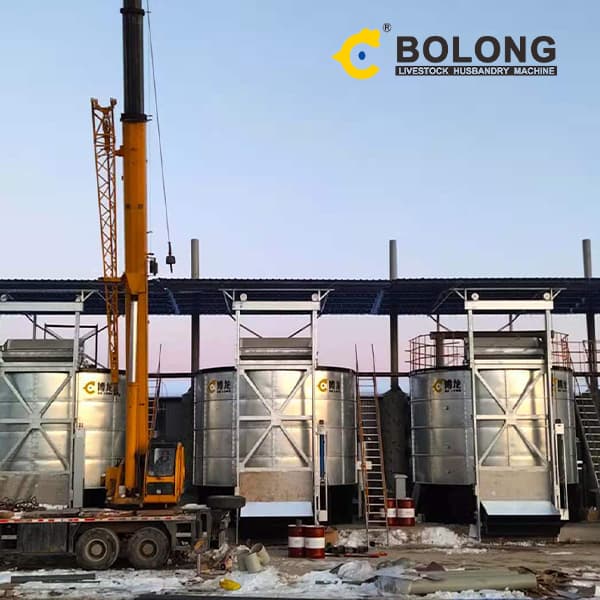
Dec 26, 2014 · How to compost chicken manure using chicken house bedding and manure to get a Nitrogen-rich, complete fertiliser and a source of organic matter.
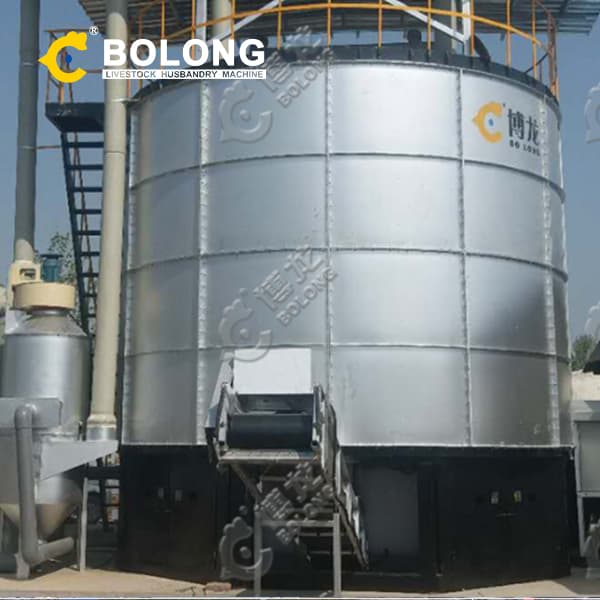
Jul 12, 2023 · By following the appropriate composting , such as hot or cold composting, the valuable nutrients in chicken manure can be transformed into nutrient-rich compost that enhances soil fertility, promotes healthy plant growth, and supports sustainable gardening practices.
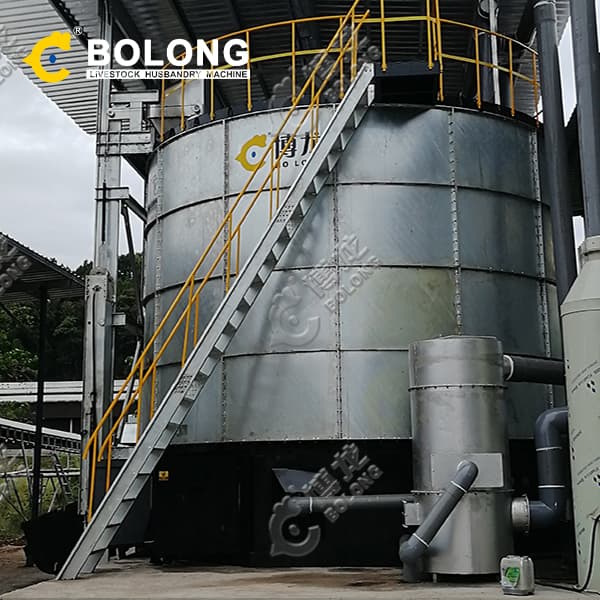
The Livestock and Poultry Manure Fermentation Tank is a versatile solution capable of efficiently processing a wide range of organic materials, including animal manure and animal carcasses from various sources such as chickens, pigs, cattle, sheep, and horses.
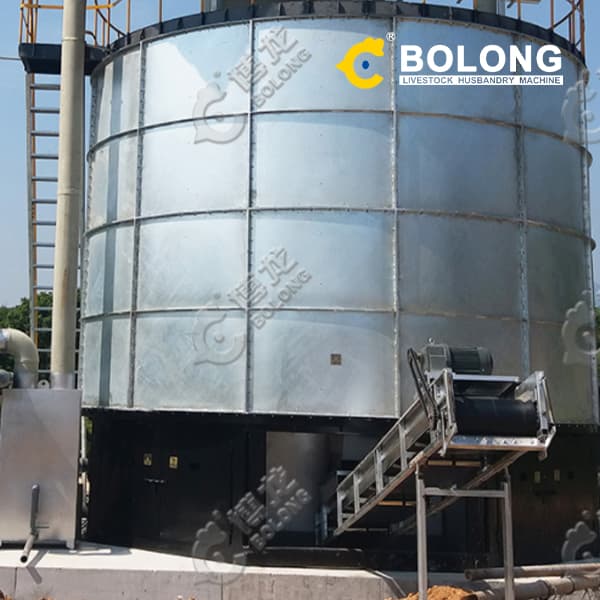
This premium, all-purpose organic mix is perfect for top dressing or side dressing your plants to give them an added boost of nitrogen for more full, lush growth. G&B ORGANICS COMPOSTED CHICKEN MANURE is a fully composted chicken manure and will not burn your plants. Your plants will “cluck” with delight!
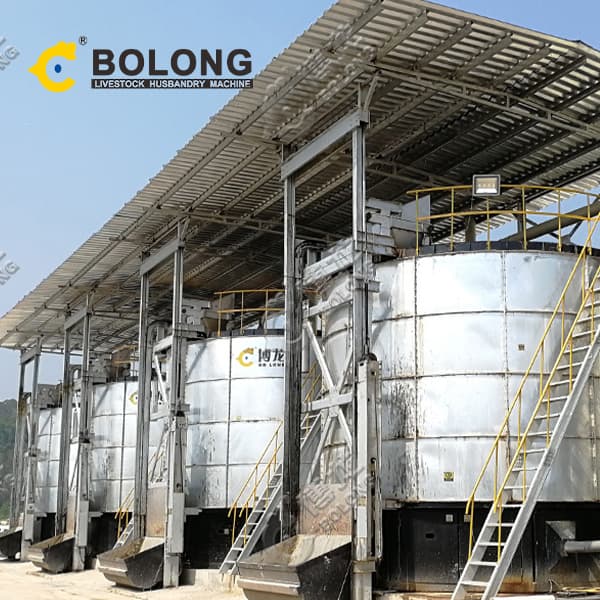
Apr 5, 2024 · Chicken manure is very nutritious, with an NPK rating of 1-1.5-0.5., and works best when applied in spring or fall to condition the soil for the planting season. Chicken dung has a pretty high nitrogen content, so composting chicken manure is a great idea. Nitrogen in the soil encourages lush green growth; that’s why many grass fertilizers
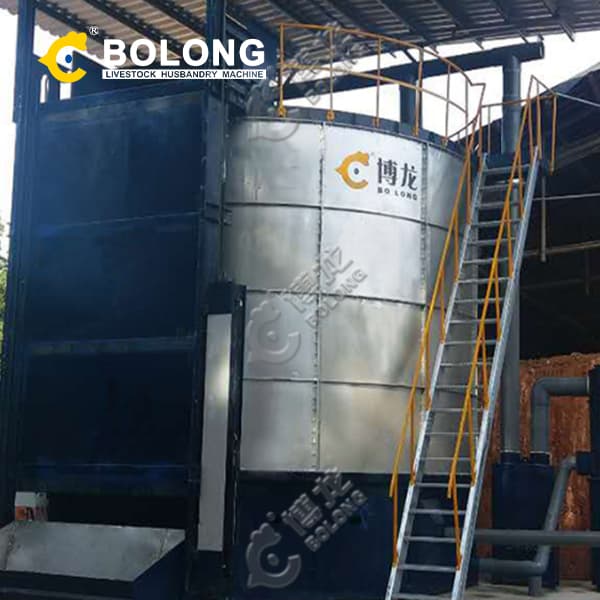
The Animal manure fermentation tank can process organic fertilizer processing of different livestock and poultry manure, food waste, domestic sludge, etc. As long as the moisture content of organic waste is below 65%, there is no need to add any auxiliary materials and it can be put directly into the tank.
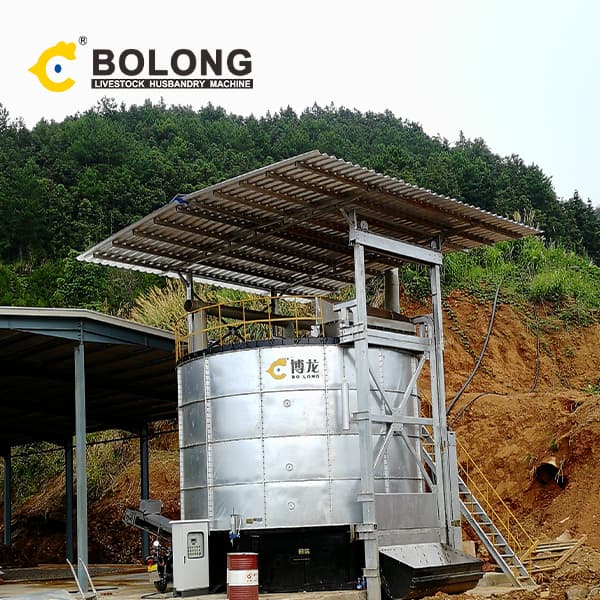
How to Compost Chicken Manure. All chicken owners need to learn proper techniques for how to clean a chicken coop. Waste you scrape out of the chicken coop, including all of the shavings, sawdust, straw, and hay can be added to a purchased or homemade compost bin with the fresh manure.
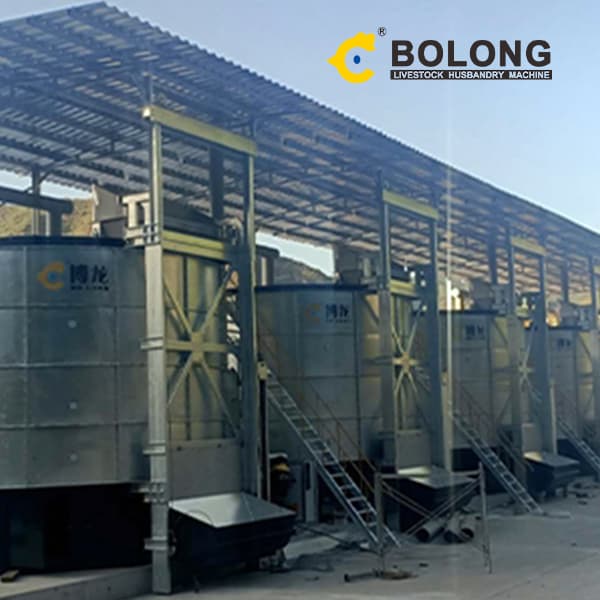
DOI: 10.1016/j.bej.2022.108409 Corpus ID: 247652088; Deodorization of the off-gas from livestock manure aerobic composting tank using biotrickling filters and its mechanism
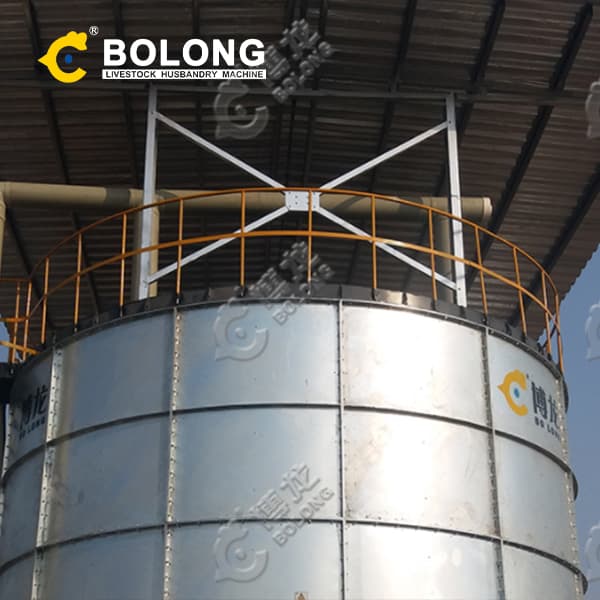
In a commercial chicken farm, with 100,000 adult chicken, over 10 tons of chicken manure is produced every day, or 3,700 tons every year. Such a huge amount of manure is the equivalent of a stable source of income if properly treated, such as making it fertilizer.

Although aerobic composting is usually utilized in livestock manure disposal, the emission of odorous gases from compost not only induces harm to the human body and the environment, but also causes loss of nitrogen, sulfur, and other essential elements, resulting in a decline in product quality. The
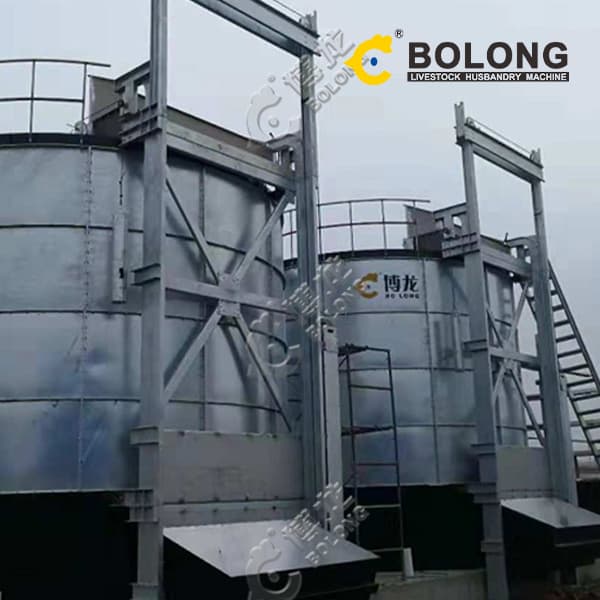
Nov 1, 2023 · The objectives of this research were to: (1) conduct a feasibility study of rice husk chicken manure as a bulking agent during composting; (2) confirm the effect of mature compost backfilling on reducing gaseous emissions and improving compost quality, and optimize its addition rates; (3) clarify the mechanisms of mitigating gaseous pollutants